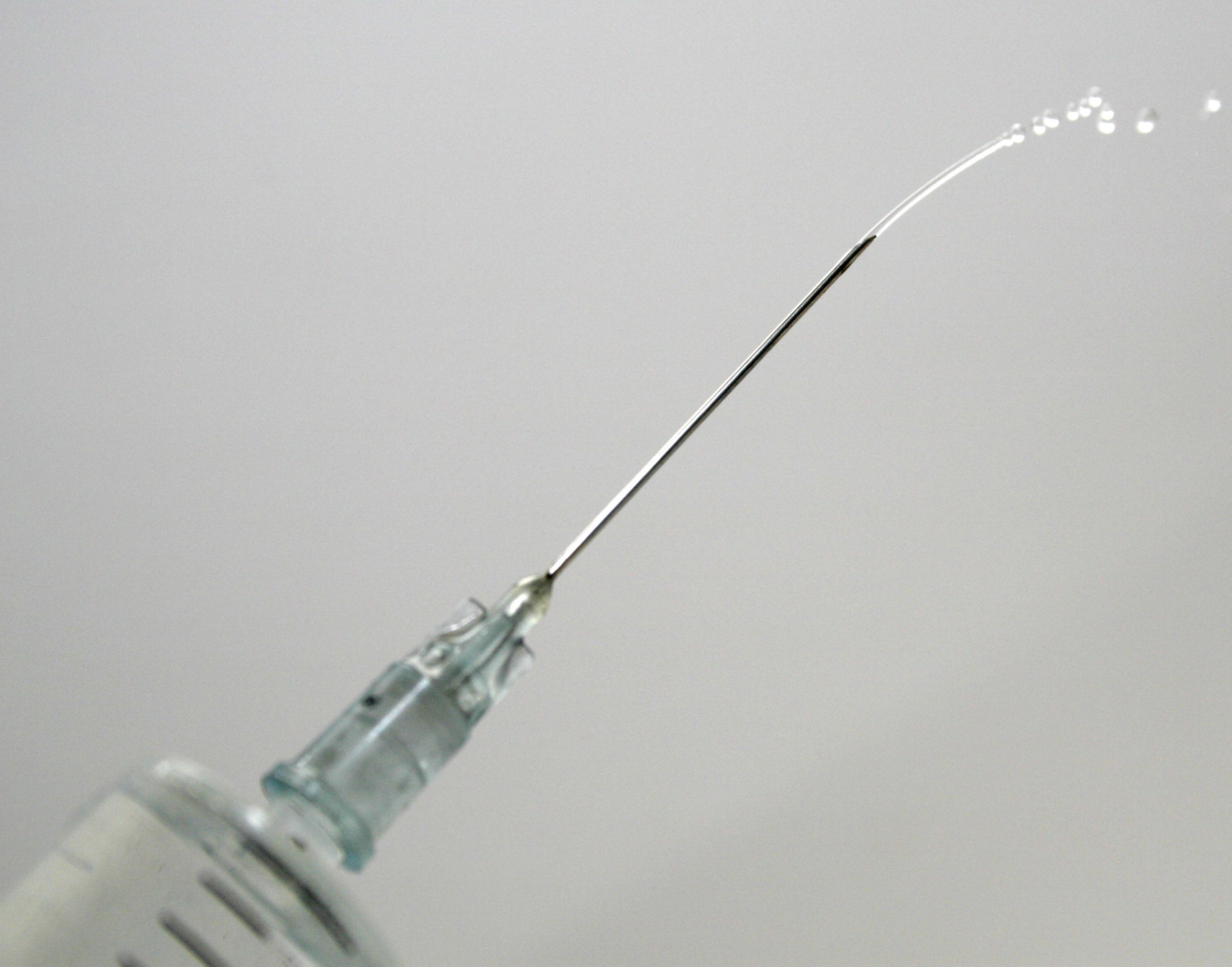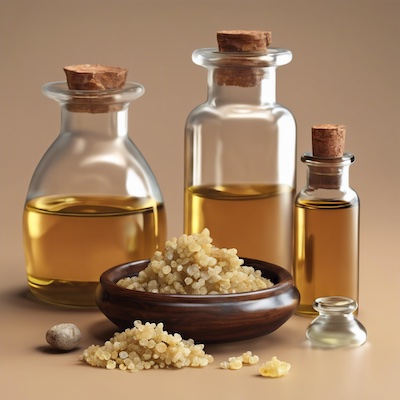Can viscosupplementation help relieve knee pain?
If you suffer from osteoarthritis in the knee, and neither paracetamol nor NSAID medications are helping, you may want to consider a new procedure called viscosupplementation. It uses hyaluronic acid, a natural component of the articular synovial fluid that helps lubricate the knee and other joints.
In 1998, the MeA (Medicines Control Agency) approved the PNI viscosupplementation drug for use in patients who suffer from knee pain caused by osteoarthritis. The active substance is the hyaluronic acid and it is given in five injections in one-week intervals. The physician numb the skin and injects the hyaluronic acid (which is like jelly) directly into the knee.
Mode of action
Once the hyaluronic acid is inside the osteoarthritic joint, it replaces its own, lost hyaluronic acid. Researchers explain how viscosupplementation might alleviate knee pain with the help of several suggested mechanisms. One theory is that it enchances the ability of joints to cushion the blow, by alleviating and reducing pain while moving. Recent studies have shown that the alleviation of pain by the method of viscosupplementation can last from nine to even 12 months and that the injections can be safely repeated.
One viscosupplementation treatment is around $300, although the expense can be covered with health insurance. It is also available through some private health insurance policies.
Viscosupplementation can certainly help some patients, but it seems that rheumatologists have taken the option "wait and see" when it comes to this treatment. It can be especially useful for patients suffering from osteoarthritis of the knee who do not benefit or can not tolerate NSAIDs.
Side effects
They are usually mild. They include increased pain and swelling of the knee, followed by a rash, itching, or both at the site of injection.







